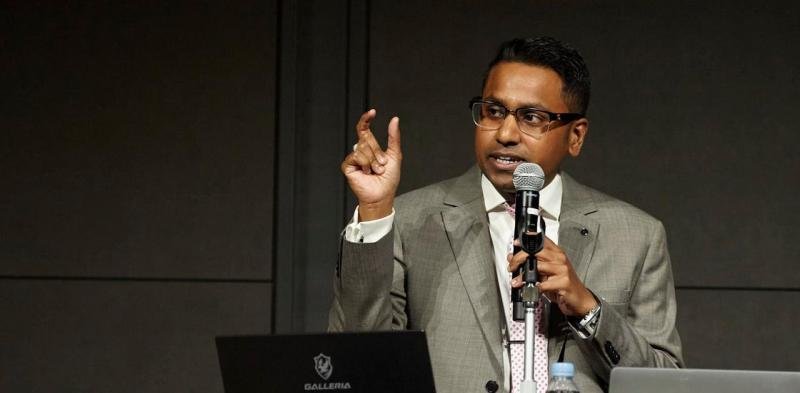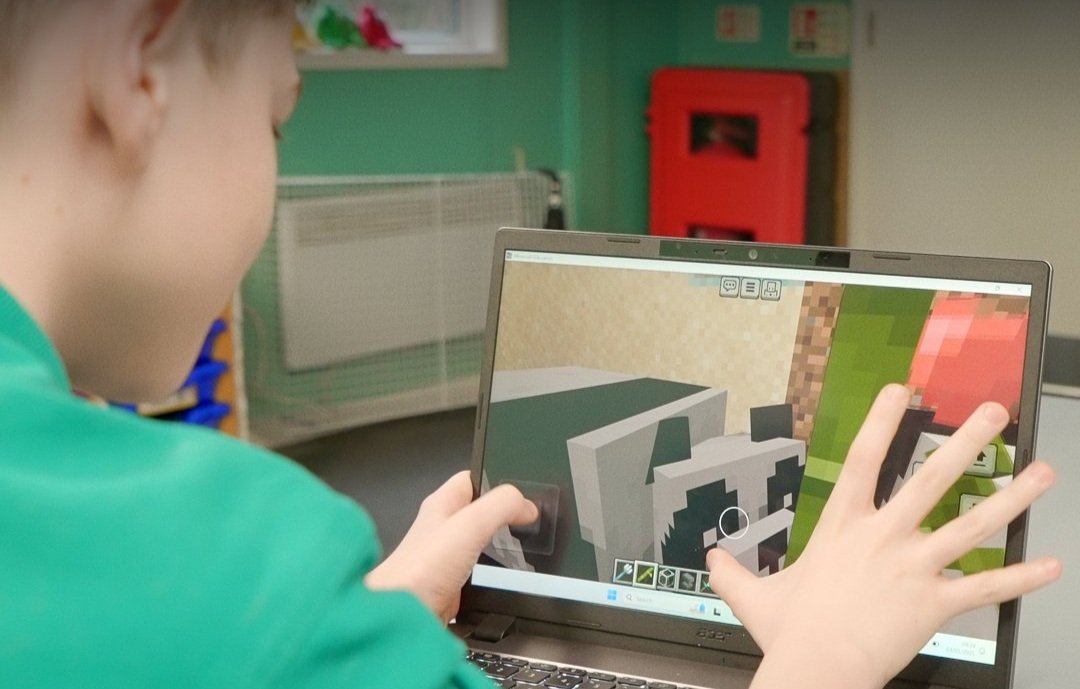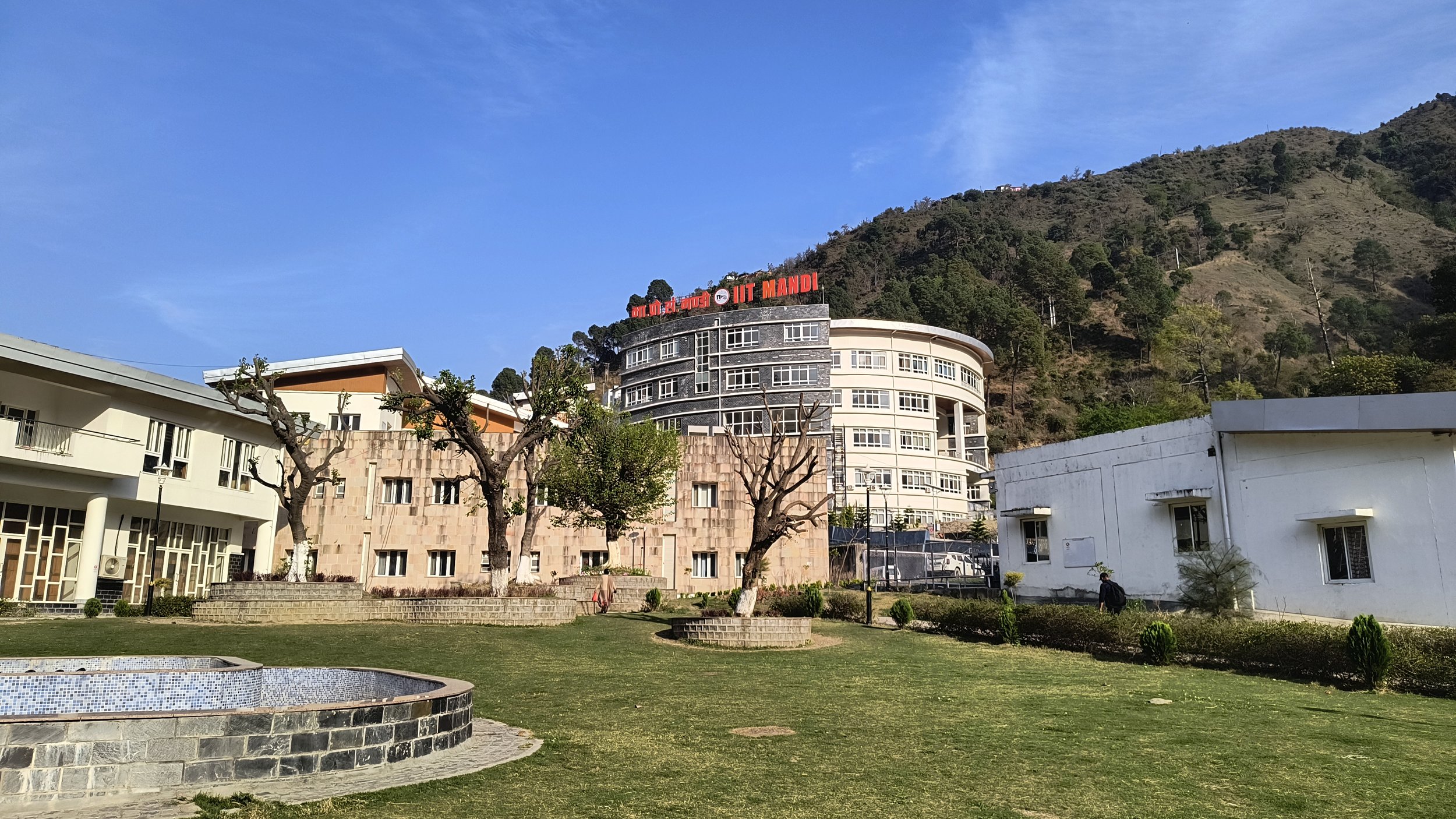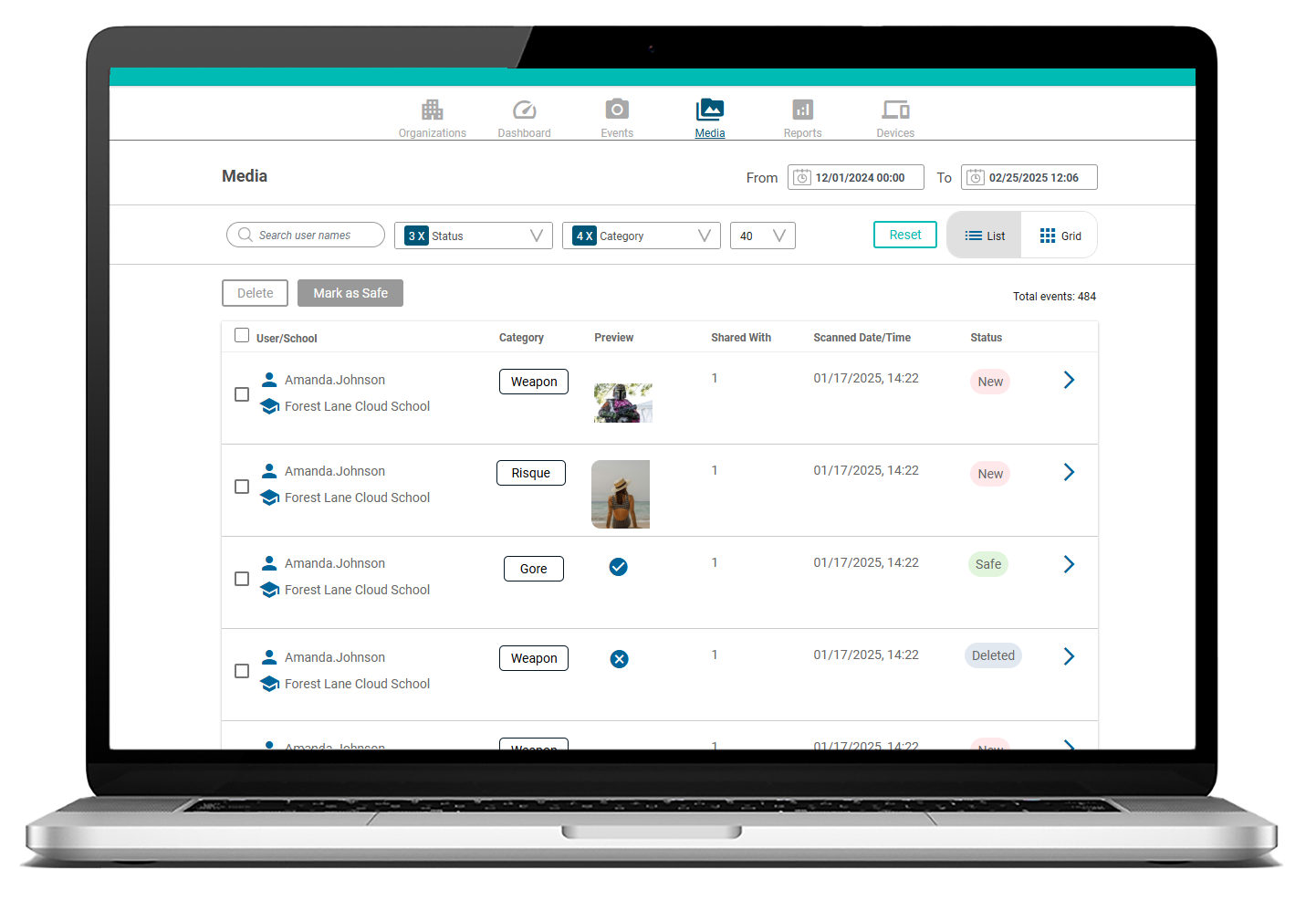WISE reveals six global finalists competing for the 2024-2025 $1M education prize
The World Innovation Summit for Education (WISE), an initiative under Qatar Foundation, has shortlisted six finalists for its 2024-2025 WISE Prize for Education.
The annual award, worth $1 million, recognises innovative solutions addressing global education challenges. Selected from a field of 427 applicants, these finalists have been identified for their initiatives in foundational literacy, artificial intelligence, and Arabic language teaching.
Following a review by a committee of international experts, the finalists include projects from Chile, Qatar, the United States, Nigeria, Jordan, and Armenia.
The entries were chosen for their targeted responses to educational needs, with the selection criteria emphasising viability, structure, and the project’s resource management.
Finalist projects
AprendoEnCasa Connecta by Fundacion ReImagina (Chile): A digital platform aimed at improving teacher-student interactions and bridging educational gaps in Latin America. With its pilot planned for Chile, Ecuador, and Mexico, AprendoEnCasa will focus on boosting teacher engagement and enhancing student learning in these regions.
Bonocle (Qatar): An initiative enhancing Braille literacy for visually impaired individuals through tactile and gamified learning experiences. This tool leverages technology to make education accessible for visually impaired learners worldwide.
Darsel (United States): An AI-powered learning tool that utilises messaging platforms like SMS and WhatsApp to improve numeracy for middle school students in low-resource settings. Darsel’s scope includes plans to expand its reach to primary school students in Africa and the Middle East.
FastTrack+ by AREAi (Nigeria): Designed to improve literacy and numeracy among learners in refugee camps, this program uses an offline, self-assisted digital pen with audio capabilities. FastTrack+ has shown promising results in pilot studies, with over 80% of learners achieving basic literacy skills.
iqrali.jo by Queen Rania Foundation (Jordan): Focusing on early childhood literacy, iqrali.jo encourages shared reading practices to improve literacy outcomes for children under five, including those from refugee backgrounds. This Jordan-based platform is currently in its beta stage.
TUMO Path (Armenia): This project offers AI-driven personalised learning for teenagers and is operational in 10 countries. Plans for expansion include new AI modules aiming to serve over 80,000 users by 2027.
Support and prize development
Throughout the next year, WISE, in partnership with Dalberg Advisors, will provide capacity-building support, mentorship, and resources to the selected finalists. Each project will receive a conditional grant of $125,000 to develop a minimum viable product, with the final winner to be awarded the WISE Prize at the WISE12 Summit in 2025.
The WISE Prize has steadily gained international recognition, with participation from diverse entities across government, nonprofit, and private sectors. The 2024 competition featured submissions from countries including India, Nigeria, and Qatar, and proposals addressing topics such as inclusive learning, AI tools, support for neurodivergent learners, and teacher development.





















